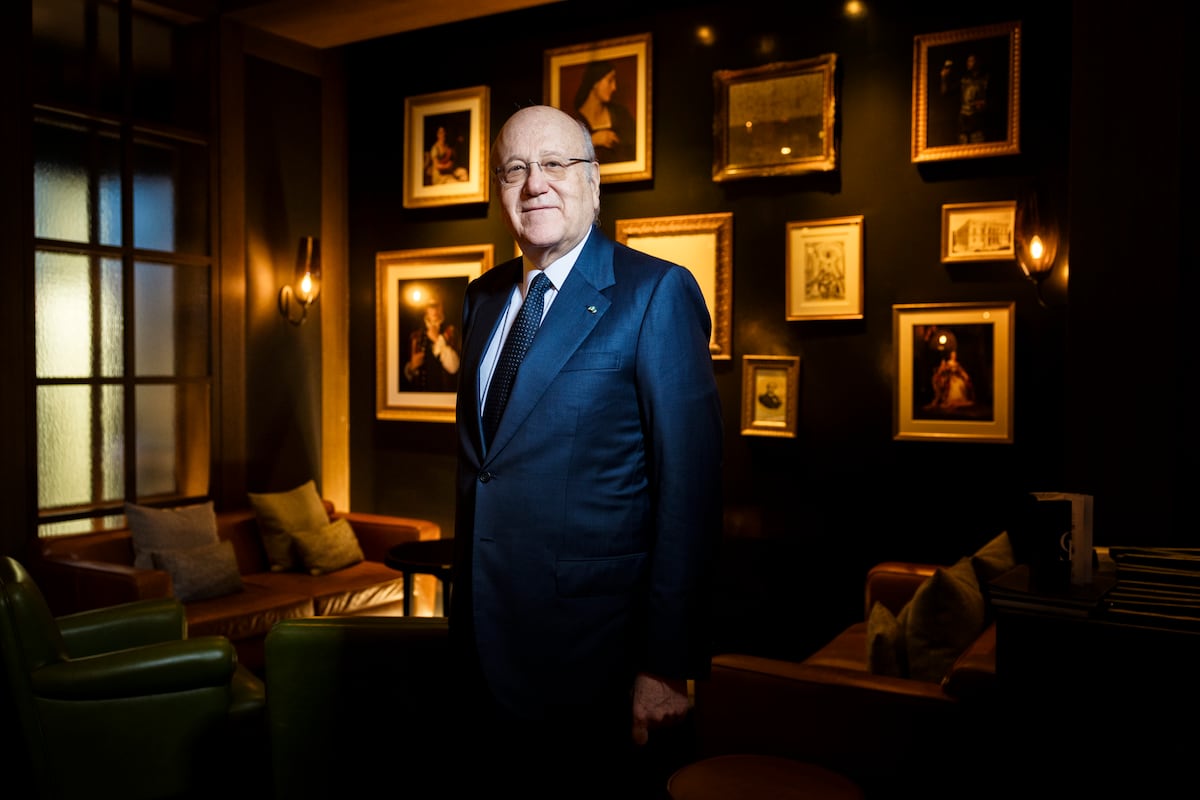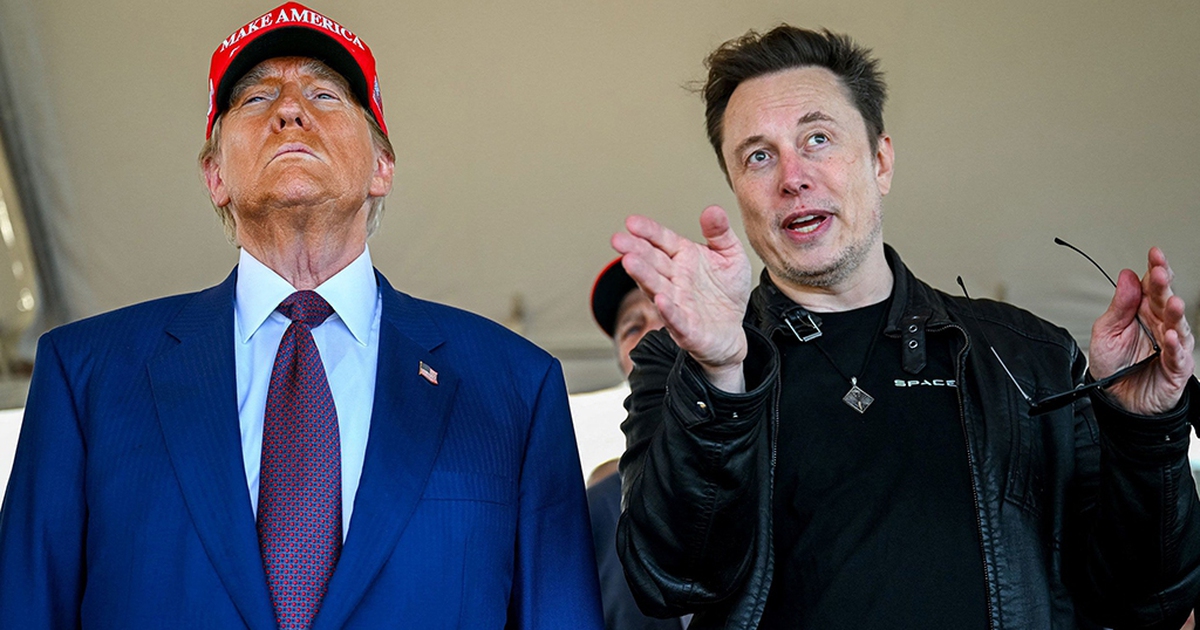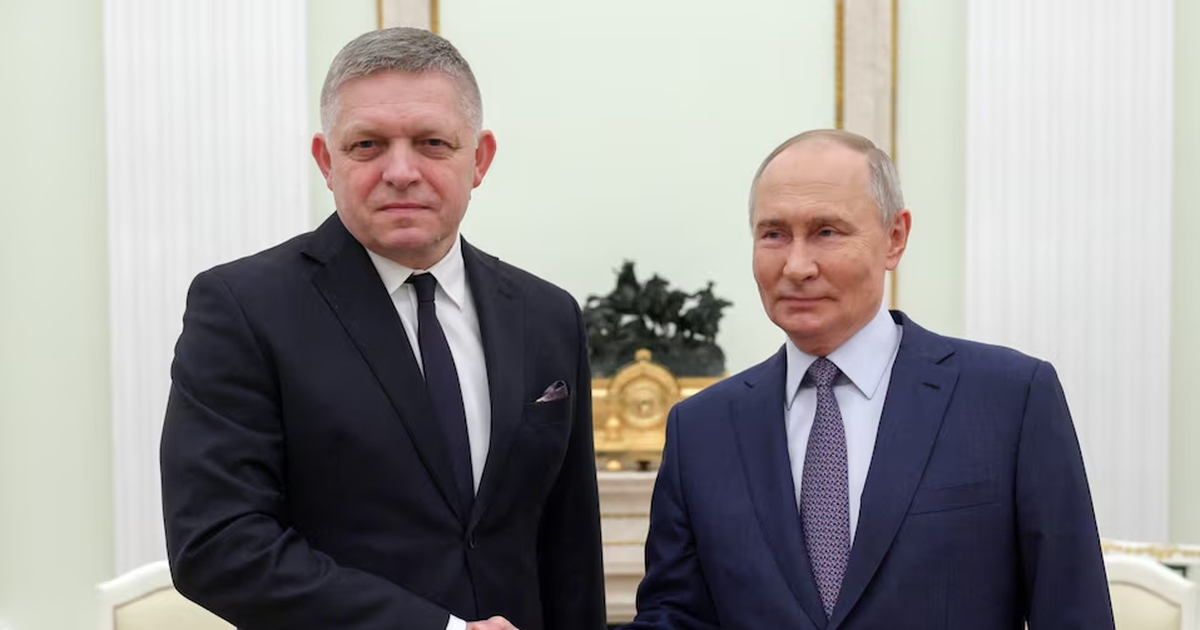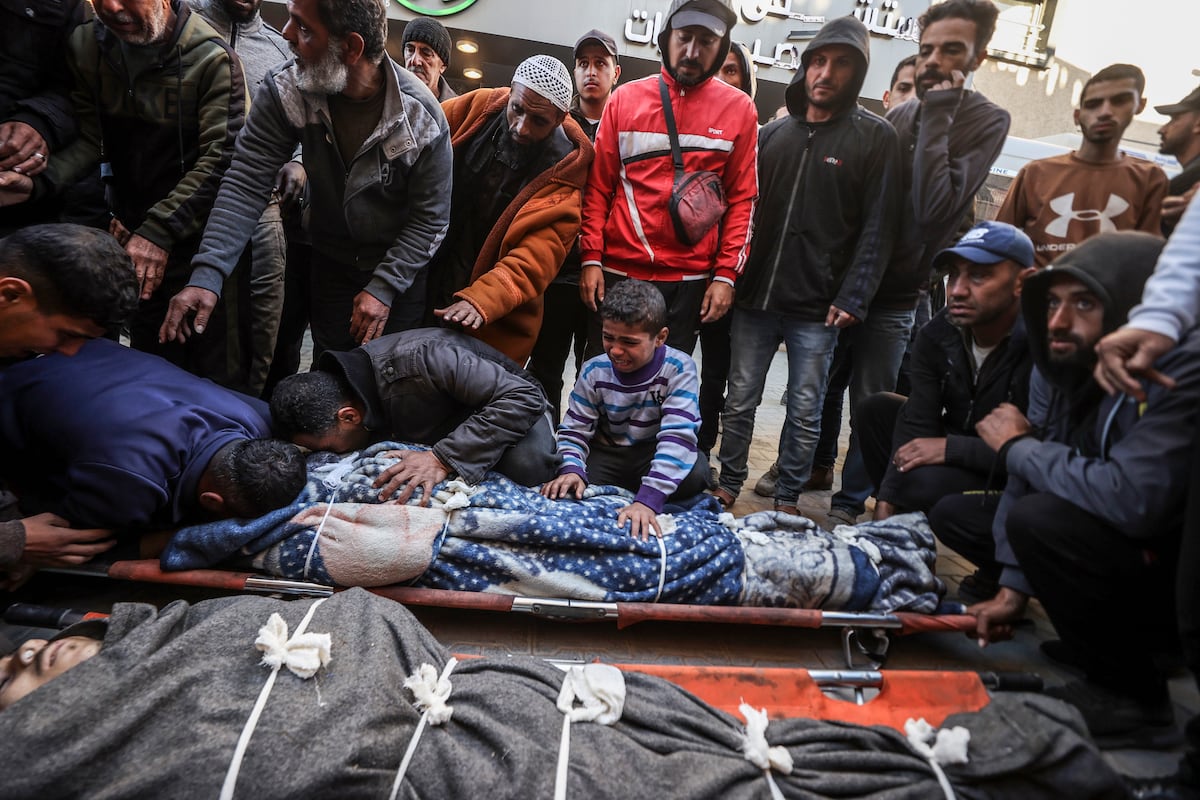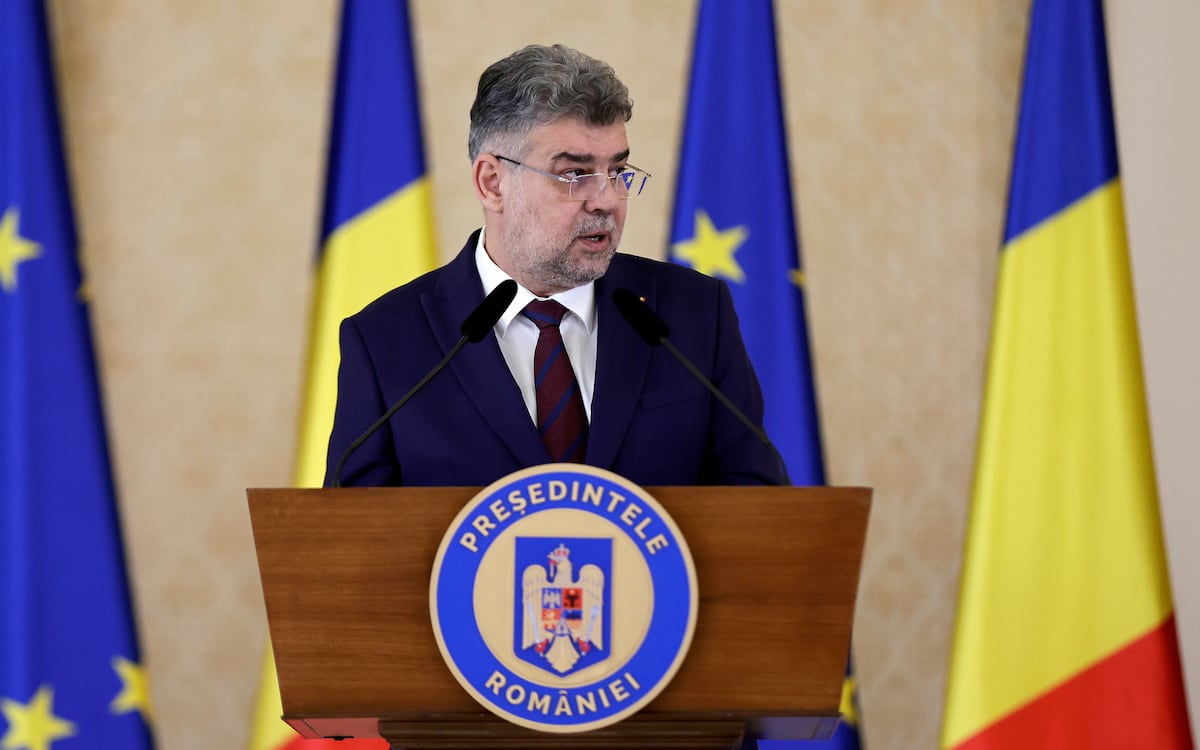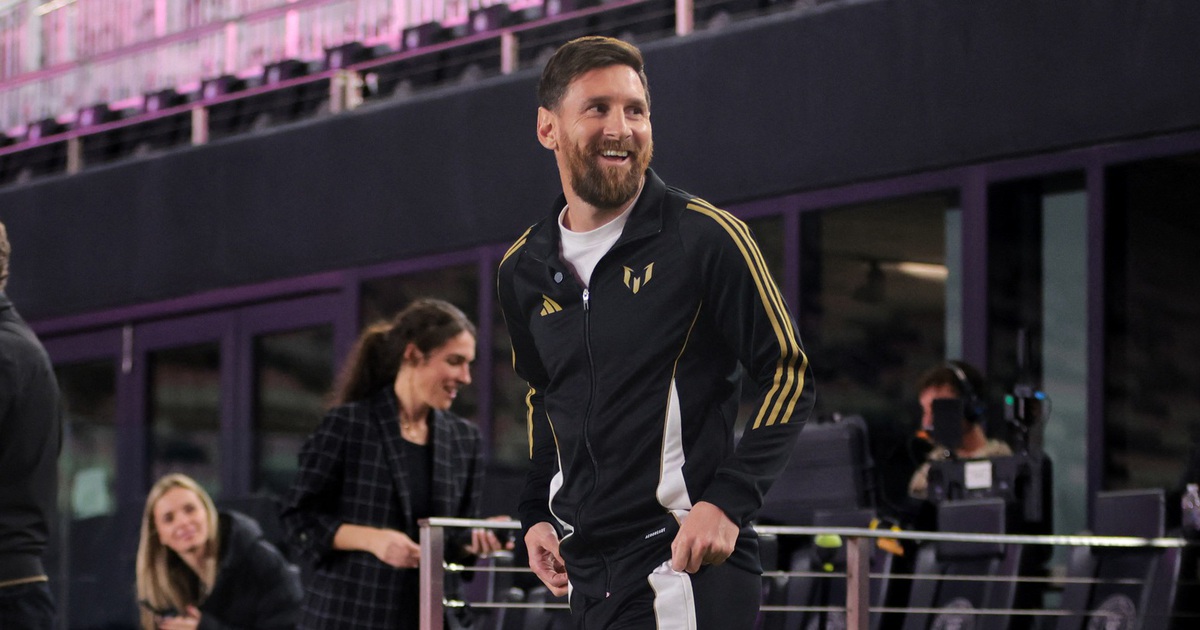Najib Mikati, Prime Minister of Lebanon, arrives in Spain at a particularly sensitive time for the Middle East. The ceasefire agreed in his country between Israel and the Shiite militia party Hezbollah was followed a few days later by the fall of Bashar al-Assad in Syria. While the pieces of the regional puzzle are rearranged to give birth to a new order that is still difficult to envision, the situation in Lebanon is extremely complicated. For more than two years, Mikati (Tripoli, 69 years old) has been accompanied by the label of being an interim leader who governs alone due to the inability of the parties to agree on a president. This institutional vacuum and Israel’s war with Hezbollah have deepened an economic crisis that in 2022 had already left 80% of citizens in poverty.
Mikati is, according to Forbesthe richest man in Lebanon. In a context of maximum fragility in the country, this moderate Sunni politician – a community to which, according to the distribution of powers, the position of prime minister is reserved – avoided entering into controversy this Wednesday in the interview he gave to Morning Express. He did not want to assess either the actions of the Israeli Government or the implications of the overthrow of the Assad regime. He did insist, however, that his priority is the stability and security of Lebanon. An objective that he said he shared with President Pedro Sánchez, with whom he met that same day. “I want to thank Spain for its support for Lebanon, its participation in the [misión de cascos azules de la ONU] “Unifil and its support for the Arab cause, especially for the recognition of Palestine,” he began.
Ask.Lebanon has denounced continued violations of the ceasefire by Israel. How do you assess the situation?
Answer.My Government condemns the Israeli occupation of Lebanese territories, as well as the continued violations of the ceasefire – more than 100 – since we reached the agreement to implement resolution 1701 [de la ONU, que prevé la retirada de tropas y armas del sur de Líbano tanto de Israel como de Hezbolá]. We now await the proper implementation of the ceasefire, as the technical committee chaired by the United States and France, together with the Lebanese Armed Forces, the UN and the Israeli army, has begun the monitoring process. The first meeting of that committee, convened by the United States, took place on Monday. This will give us assurance that there will be no further violations of the agreement.
Q.Is Israel withdrawing from southern Lebanon?
R.Israel has 60 days to completely withdraw from the territories it has occupied in Lebanon. That withdrawal has begun today [el miércoles] and our army is prepared to take charge of that area.
Q. And Hezbollah?
R. The Government of Lebanon has supported the ceasefire agreement, called for the full implementation of resolution 1701, and granted full authority to our Armed Forces to implement the resolution.
Q. Do you fear that Donald Trump’s return to the White House will mean a blank check for the Israeli Government?
R.President Trump is a pragmatic man. We hope that he will be able to impose a solution to the Palestinian issue on the countries of the region. The Abraham Accords [que supusieron la normalización de relaciones de Israel con Emiratos Árabes Unidos, Baréin y Marruecos] They are an example. The agreements cannot succeed without a just, equitable and sustainable solution to the Palestinian conflict. It’s time for this to happen. We need someone like President Trump to make this happen.
Q. Has your Government already established contacts with the future Trump Administration?
R.We are in contact with [Massad] Boulos and the entire team [de Trump]. Trump is committed to the situation, which is why he appointed Mr. Boulos as envoy to the Arab and Islamic world, something very important because he knows the region very well and has lived in Lebanon. We trust that it will foster long-term stability in the country. I am sure that Trump will try to impose a solution to the Palestinian problem. He already demonstrated in his first term that he seeks peace in the region and throughout the world. This is what he has said he will do in Ukraine, Russia and the Palestinians.
Q.From the Hamas attacks on Israel on October 7 last year to the overthrow of the Syrian regime, the map of the Middle East is undergoing a radical change. How can it affect Lebanon?
R. It is premature to pass judgment. As you said, it all started with the Gaza war, then Lebanon and Hezbollah and today it is Syria. For us, our priority is to protect and provide security for Lebanon, in addition to safeguarding our national interests, avoiding internal divisions and political fights.
Q.What is Israeli Prime Minister Benjamin Netanyahu looking for in this new context?
R. This question should be asked of Netanyahu himself. The two states remain a solution. Without a solution so that the Palestinian people can live with freedom and independence, this situation will repeat itself periodically. A conference will be held in June, attended by Saudi Arabia and all influential countries in the region, as well as regional and international organizations and the EU. I am optimistic about the possibility of reaching a solution. As the Saudis say, that solution will prevail, regardless of who agrees and who doesn’t. Israel should recognize that if it wants to live in peace with its neighbors it must create a peaceful environment.
Q.What requirements does your country establish to achieve lasting peace?
R.We must give everything necessary to the Lebanese army to do its job. In the Council of Ministers, we have given our full support to a plan to support the army [en su despliegue] in the south. In the last four or five years we have gone through four different crises in my country and the current resources of the army are very limited. So we also ask the international community to commit to supporting our Armed Forces.
Q.“Ma fi dawla”. This phrase, translatable as “There is no State”, summarizes the distrust of the Lebanese towards the political class. How does your Government plan to fight this perception?
R.We are trying to elect a new president to form a Government in which all parties are represented and thus initiate the necessary reforms. This is very important. We have been through very difficult times in the last five years. First, the coronavirus pandemic and the strongest economic crisis ever experienced by a country; and then the war. Despite everything, we still have a public Administration. We are making progress. But it is not enough. We have to make reforms and put the country on the right path.
Q.But what specific measures is your Government considering?
R. I ask the population to understand that we have no choice but to seek the unity of the country. If we have a united Lebanon, we can save the country. Lebanon must be able to protect itself. We have different religious communities. It’s a privilege. And the way to save the country is to balance those different communities.
Q. The differences between Hezbollah and the rest of the parties have prevented the election of a president in the last two years. Has Hezbollah’s position changed?
R. For us, the most important thing is the stability of Lebanon, for which a new president is necessary, something we have not had in the last 24 months. We hope that he will be elected in the session on January 9. The president of Parliament said that he would not leave his office until he achieved it. It is an important sign. I am optimistic.
Q.What does the Lebanese army need to guarantee the fulfillment of its mission?
R.We have very few resources, but Western countries promised us help. The army requires nearly 1 billion dollars (950 million euros) for the next three years. Although the Paris conference focused on humanitarian aid, 200 million were committed to the Lebanese Armed Forces. There will be another conference to gain more support.
Q.What is the situation like for refugees?
R. The situation is changing. We had 1.2 million internally displaced people, but about 94% have returned or are trying to return home. This is very important. We also have 1.5 million Syrians in our country, who felt in danger with Assad in power. They feared being hurt or imprisoned if they returned home. But the regime has fallen and they can return to Syria.
Q.You advocate for a national consensus that addresses the disarmament of Hezbollah and making the Lebanese army the sole military authority. Do you have any indication that the Shiite militia-party will accept this process?
R. It would not be a question of Hezbollah becoming a classic political party, because it is already a very influential party in Lebanon. We advance step by step. The most important thing now is to fully implement resolution 1701 and then address the situation throughout the country. I am sure that Hezbollah wants the stability of the country.
Q.What consequences do you foresee for Lebanon from the fall of Assad? Does your Government have contact with the new Syrian authorities?
R. We have not contacted them yet, but I plan to congratulate the new prime minister. But I insist, my priority is Lebanon.

